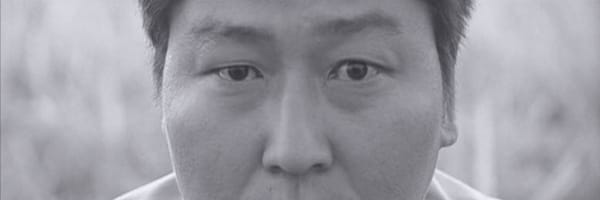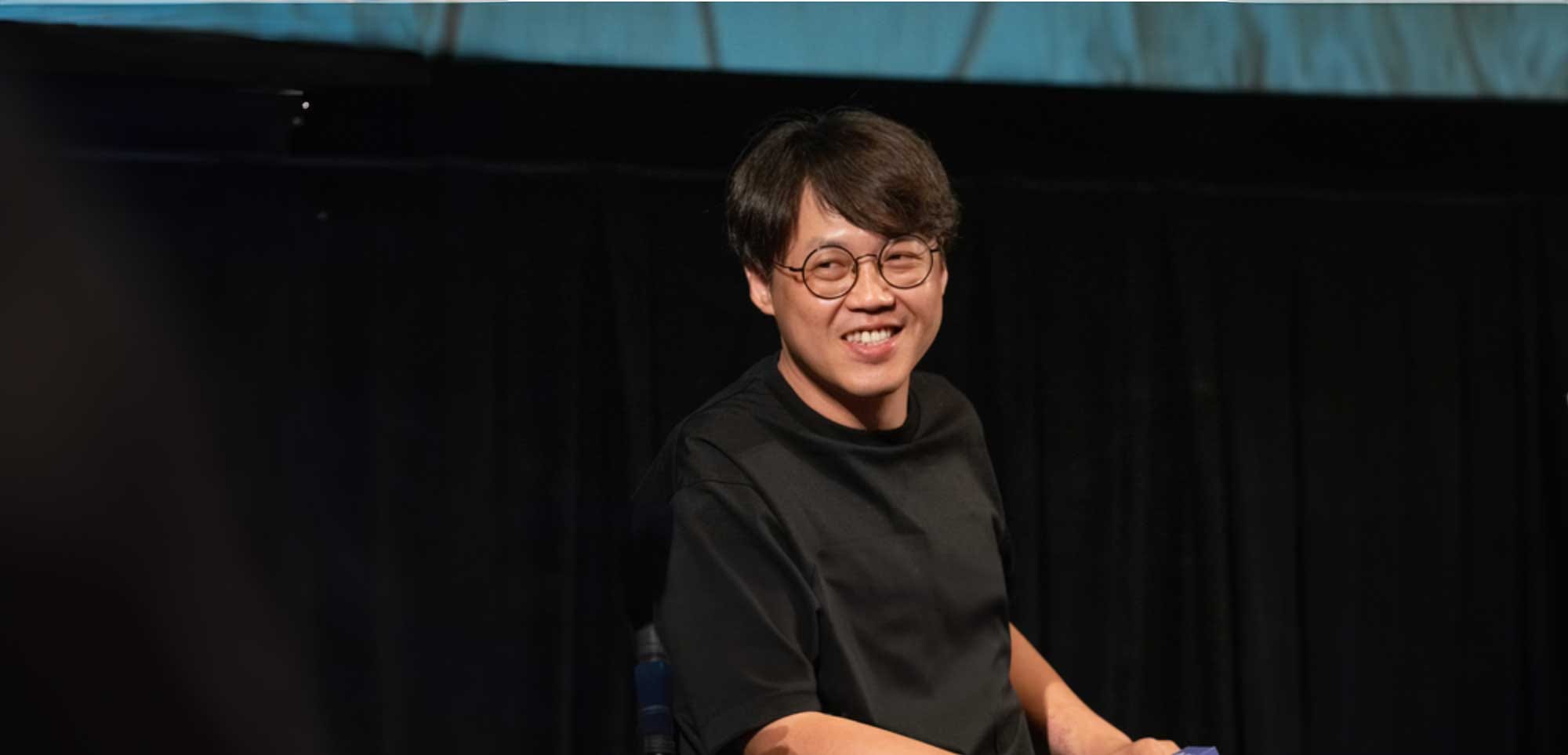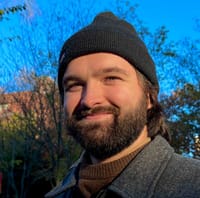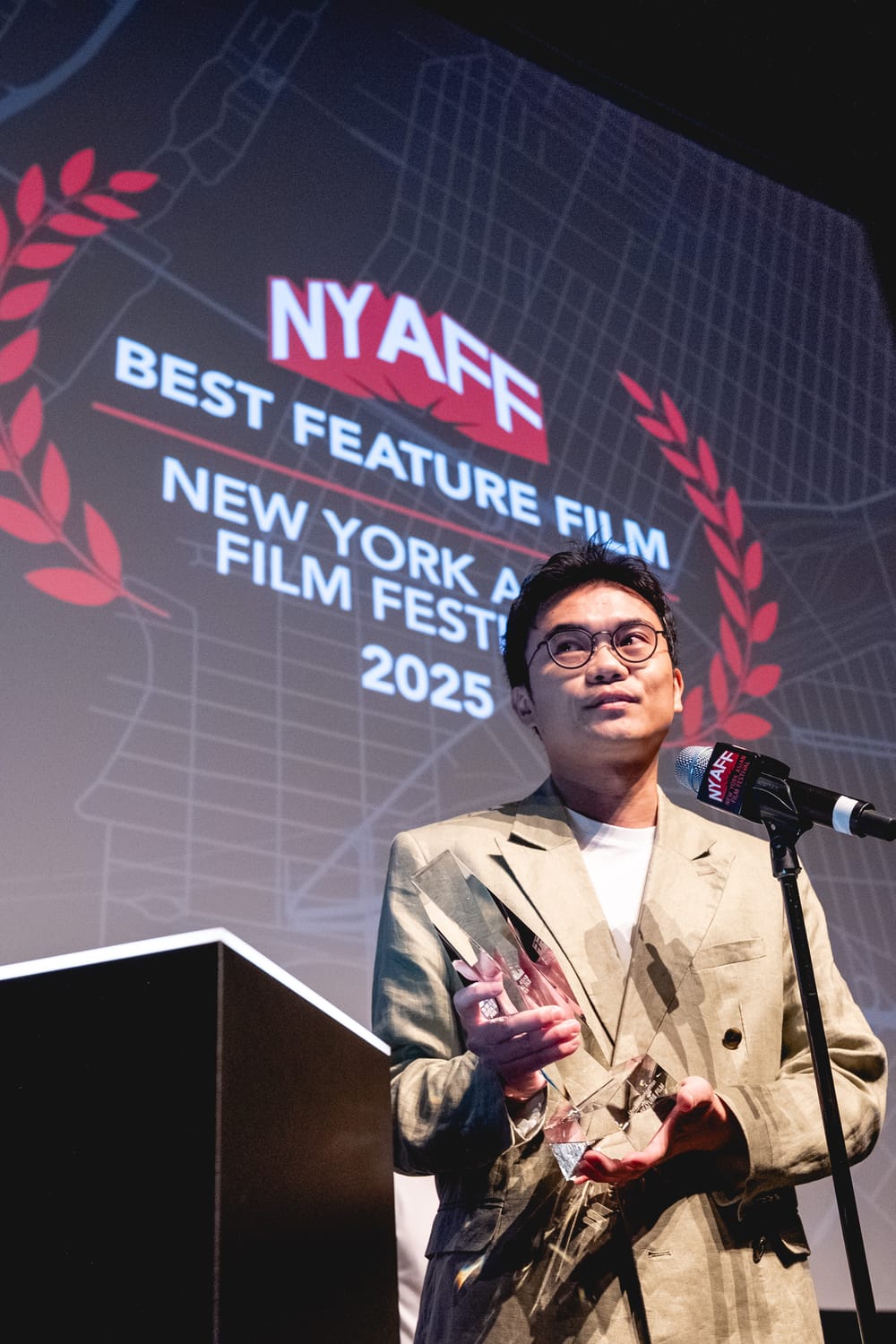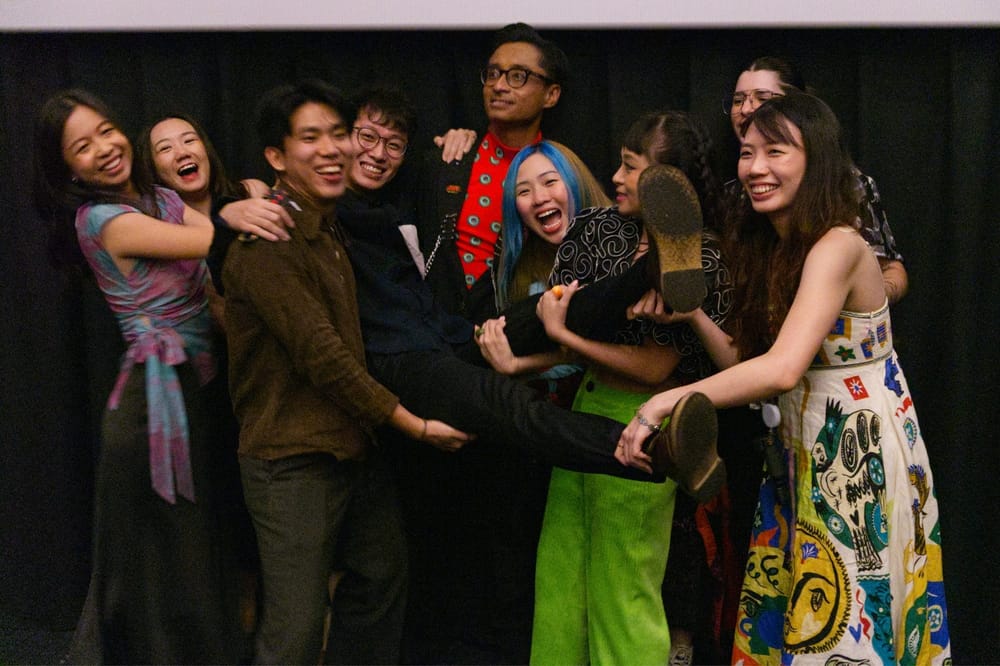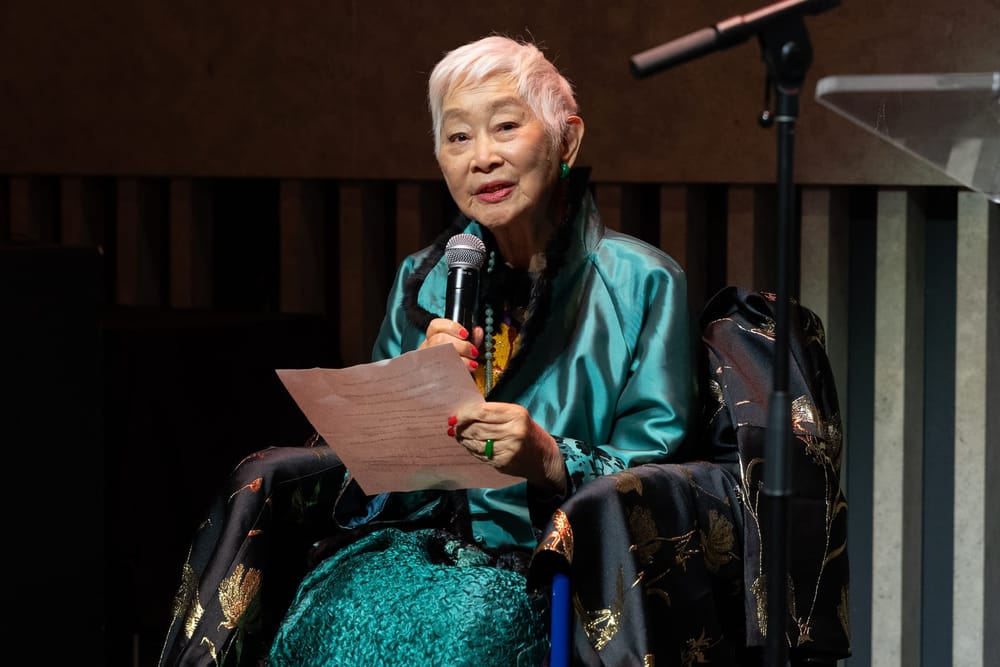By Dylan Foley
The contradictory impulses of memory are at the emotional core of Tseng Ying-ting’s melodramatic detective thriller, "The Abandoned," bound together in a braid of grief and nostalgia. These two opposing forces manifest in detective Wu Jie’s (Ning Chang) car: a place where she was proposed to, but where her husband also later took his own life.
The remnants of a bullet hole in the roof punctures her picturesque anecdote, leaving her with an incessant reminder of the irreversible past. Yet she can’t bring herself to sell off this last vestige.
At the film’s beginning, she’s on the brink of repeating the same action as her late spouse when fate intervenes to pull her into a transfixing case involving a serial killer who is excising the hearts and ring fingers of migrant workers.
These grotesque clues pull Wu Jie into a rabbit-hole that, with each new revelation, breathes a bit of life into her aimless bereavement. Equal parts mystery and melodrama, the film contrasts its grisly details with Wu Jie’s reawakening, using its riddle as a device of rebirth amidst personal tragedy.
This interview has been condensed for clarity and was conducted through an interpreter.
Dylan Foley: It's been five years since the last time you were here at NYAFF with "The Last Verse" in 2018. How long had you been working on "The Abandoned" leading into production?
Tseng Ying-ting: So if we go back to the beginning, the inception of this particular film started with one particular image that I had in my head when I was in the military. It was about 10 years ago and I was going through my mandatory service term and I was just daydreaming, trying to kill time. I was sitting there and an image of a naked female corpse in a moonlit river came into my head. That image began the idea of what eventually turned into this film. But for a long time I only had that image; no story or narrative. No script. That image alone from 10 years ago was the impetus for developing the entire thing, but it wasn’t until five years ago that I realized, “What if I connect this grisly image with this other story about a female detective who was contemplating killing herself, but through this is suddenly given a reason to live?” And that started the scriptwriting process about five years ago.
DF: The opening obviously brings to mind Wong Kar-wai’s "Fallen Angels" with The Flying Pickets’ Only You. Did you have any other specific films that you took inspiration from when you were making this film?
TYT: I was definitely majorly impacted by Hou Hsiao-hsien, Edward Yang, and Ang Lee. And maybe these are just sort of typical answers, but I think the truth is that, not just myself, but all filmmakers in Taiwan are indebted to these three directors because we were very much moved and mentored by their work, in part because of how close we are in terms of cultural proximity. And of course, there are other directors like South Korea’s Lee Chang-dong and Bong Joon Ho, and Japan’s Takeshi Kitano. All those filmmakers had a huge impact on me.
DF: It’s interesting that you mention their competition with each other because the film plays with kind of anti-romantic notions in that respect. We see these two characters who were “deserted” by their partners having to renew their own sense of purpose instead of filling that void with someone else. How did you resist turning their relationship into a more two-dimensional romance?
TYT: I do think that on some level, you can definitely call this film a romantic film, but the romantic part is how to say goodbye to the people you love. And this is not only true for these two characters that have to say goodbye to either a husband or lover, but it’s also the case for the killer even though he deals with it in an obscene way. It’s similar to the Iceberg Theory where, in order to really create three-dimensional characters, you can’t just show the tip of the iceberg. What’s more important is finding a way to show what’s unseen.
"The Abandoned" screened as part of the UNCAGED Competition at the 22nd New York Asian Film Festival.

